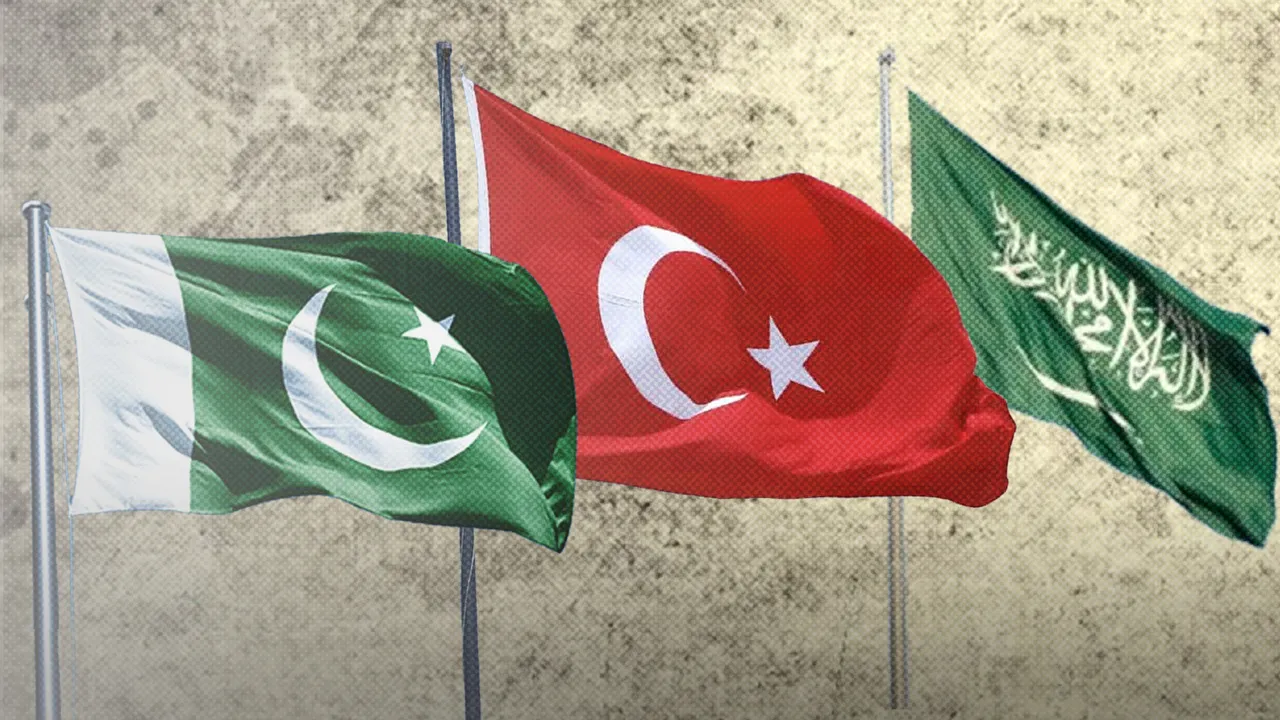Kabul, Afghanistan – February 13, 2025: A suicide bomber attempting to enter the Taliban-run Ministry of Urban Development in Kabul was intercepted and killed by security forces before reaching his target, Taliban officials confirmed on Thursday. The explosion resulted in the death of one Taliban security officer and left three others injured.
Mohammad Kamal Afghan, spokesperson for the ministry, stated that the assailant was neutralized at the entrance before detonating his explosives. The blast occurred near the Third Makrorayan residential area and the Wazir Akbar Khan district, an area that houses key government buildings.
The Taliban’s Ministry of Interior also confirmed the incident, classifying it as a suicide attack but did not disclose further details. No group has yet claimed responsibility; however, suspicion falls on the Islamic State-Khorasan (IS-K), a regional affiliate of the Islamic State (IS), which has carried out a series of deadly attacks targeting the Taliban and civilians.
Rising Wave of Attacks
The Kabul attack follows a suicide bombing two days earlier in the northern city of Kunduz. That blast, which targeted a Kabul Bank branch, killed at least five people and injured several others. IS-K claimed responsibility for the Kunduz attack, stating that it had targeted Taliban fighters who had gathered to collect their salaries. Independent sources reported that the actual death toll was significantly higher, with at least 25 fatalities, mostly Taliban members.
The escalation of violence comes amid Taliban claims that their security forces have largely dismantled IS-K networks within Afghanistan. However, recent high-profile bombings challenge these assertions, raising concerns over the Taliban’s ability to maintain stability.
Global Condemnation
The United Nations Security Council strongly condemned the Kunduz suicide attack, describing it as a “heinous terrorist act.” In a statement, the Security Council reaffirmed that terrorism in all its forms remains a major threat to global peace and security. It urged the international community to hold the perpetrators, organizers, and sponsors of such attacks accountable.
“The members of the Security Council stress the need for all nations to cooperate under international law to combat terrorism,” the statement read, emphasizing that such acts are “criminal and unjustifiable.”
Also See: From Kabul to Islamabad: The Cost of America’s Abandoned Arsenal
IS-K Threat Persists
Since the Taliban’s return to power in 2021, IS-K has intensified its attacks, targeting government officials, religious figures, and Afghanistan’s Shiite minority. The group has carried out multiple suicide bombings, including the December 2024 attack on the Ministry of Refugees in Kabul, which killed senior Taliban official Khalil Haqqani.
Despite Taliban claims of successfully dismantling IS-K operations, security analysts and UN officials remain skeptical. UN counterterrorism experts recently warned that IS-K remains one of the “most dangerous” branches of IS, posing a significant threat not only to Afghanistan but to the wider region.
As violence surges, concerns grow over Afghanistan’s security situation and the Taliban’s ability to counter the persistent threat of terrorism. The recent attacks highlight the fragility of security in the country, underscoring the urgent need for comprehensive counterterrorism efforts and international cooperation.

![A suicide attack in Kabul kills a Taliban officer, days after the deadly Kunduz bombing, as IS-K threats persist in Afghanistan. [Image via Ariana News]](https://southasiatimes.org/wp-content/uploads/2025/02/UNSC.webp)




